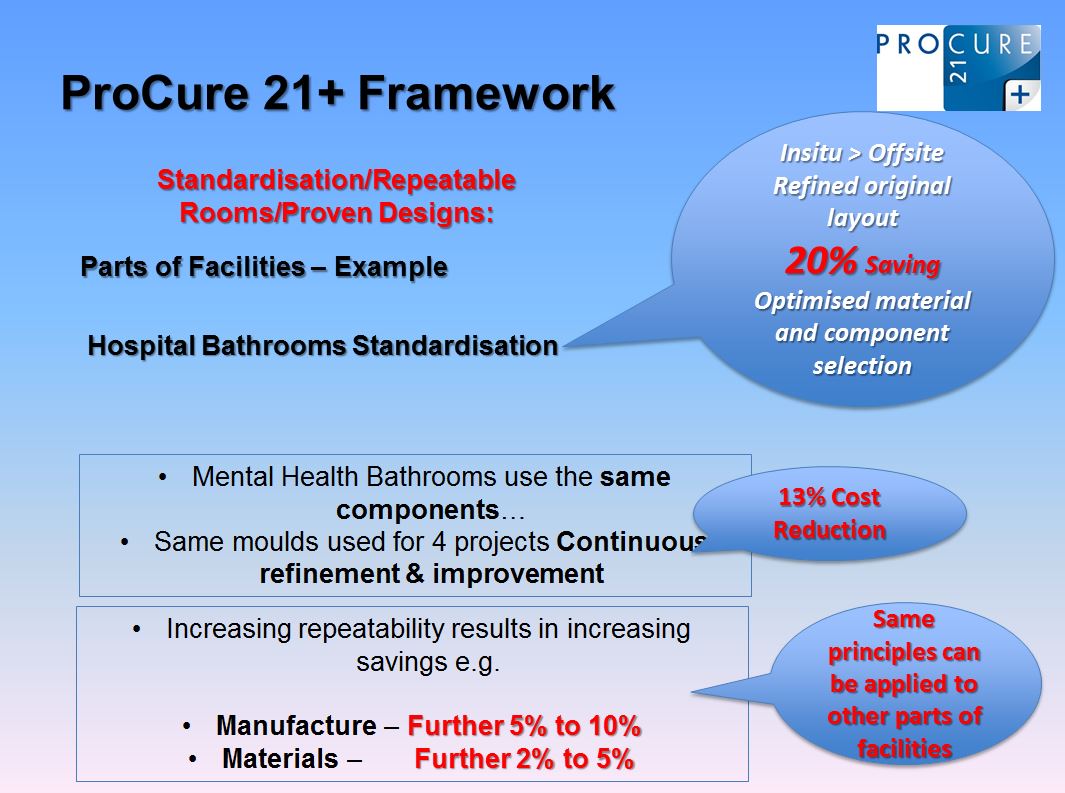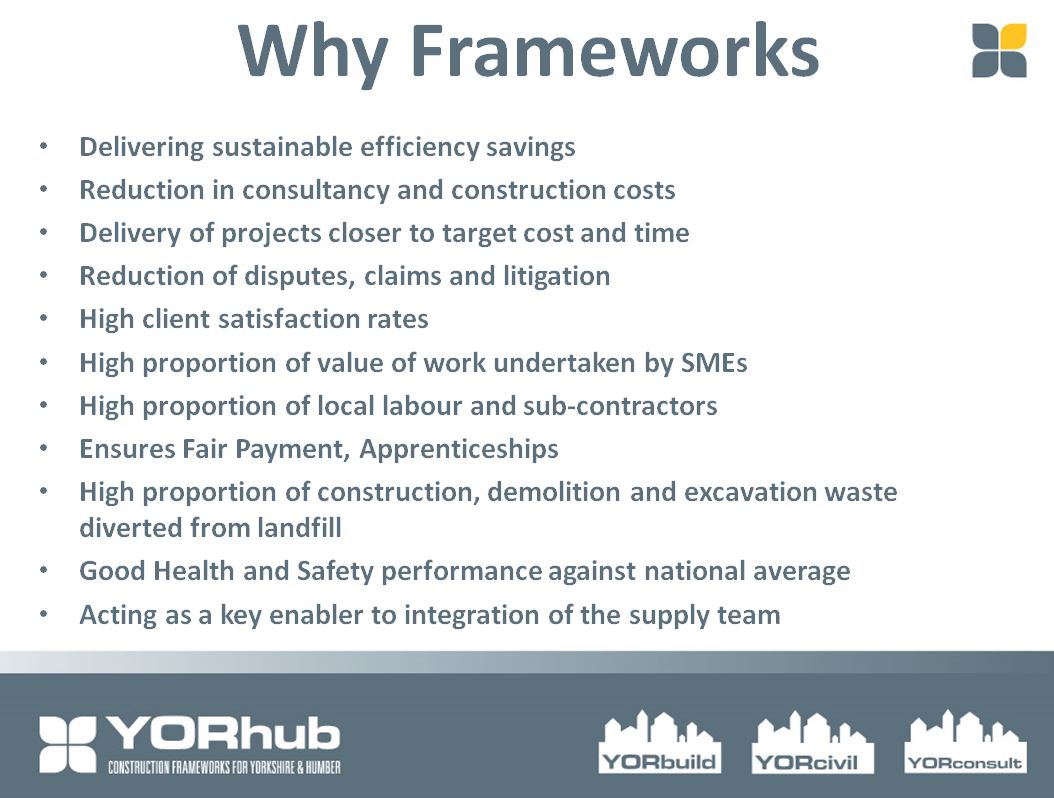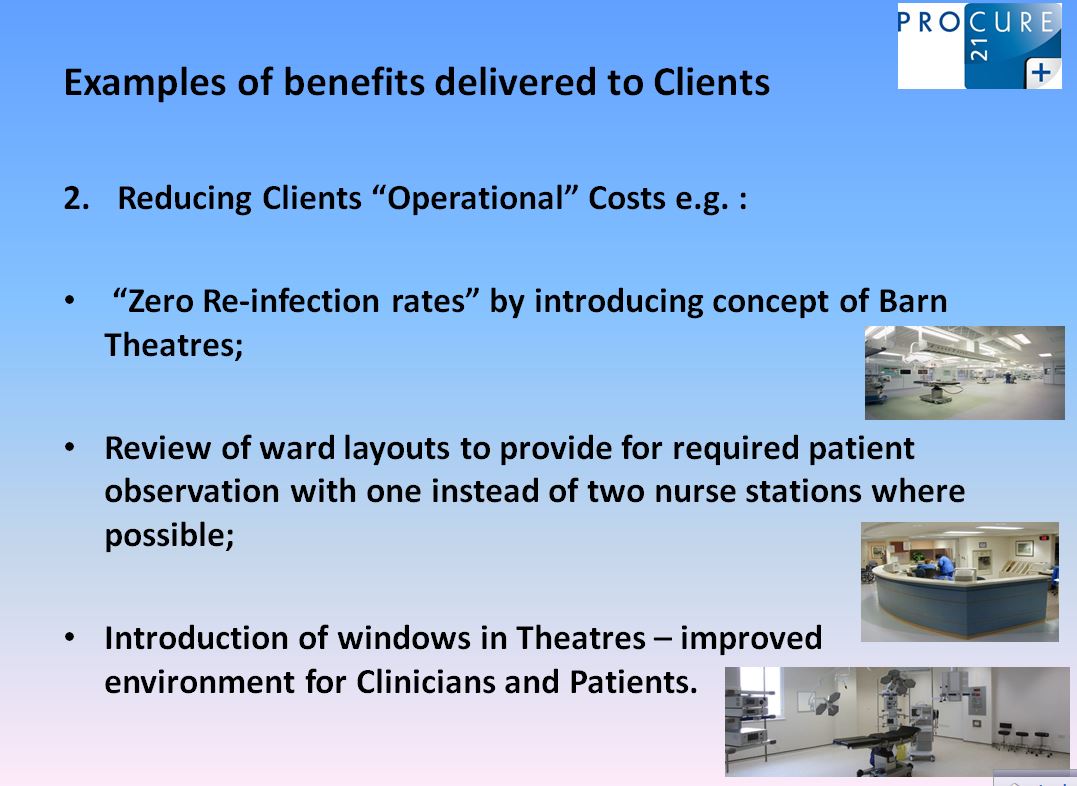On Wednesday 27th May, at Addleshaw Goddard in Leeds, we held our fifth breakfast seminar of 2015 where we welcomed representatives from two regional public sector clients, Cliff Jones from ProCure21+ & Steve Baker from East Riding of Yorkshire Council, to lift the lid on why & how the public sector procures the way it does.
Both presentations gave a concise but excellent summary of the client’s perspective and what they look for from their supply chains when recruiting to a framework using real case studies from their respective sectors. Both presenters managed to cram a wealth of useful information & advice in to their 20 minute slots; in addition to finding out that Steve Baker is a closet Black Sabbath fan, here is what else we learnt…
Why do Clients procure?
A simple but often lost message. Clients don’t build because they want to build, they build because there is a need in order to deliver services & those needs to be effectively communicated by the client & understood by the supply chain. Some examples include;
- New technologies & processes: Technology moves quickly, particularly in the NHS, and new or existing facilities have to be created & adapted to accommodate this
- New products & services: Cliff Jones using the example of manufacturing, a new product may require a whole new production line
- New opportunities & markets: Retailers often have to address regional demographics, different products required for different areas requiring different facilities
- Additional capacity/Increased Turnover
- Maintenance: To address ongoing maintenance, particular in line with new safety & environmental legislation.
Why does the public sector procure the way it does?
In an ideal world the process would be as simple as possible; easy to understand PQQ’s & ITT documents that are quick to fill in. However,
- Legislation: public sector procurement has to evidence adherence to an enormous amount of legislation & best practice documentation; such as EU Legislation, UK Legislation and guidance documentation such as Public Contract Regulations 2015 & in Steve’s case additional Local Authority Procurement guidance (see image below)
- Transparency: Public sector procurement has to be open, they have to have tender requirements with clear criteria that can demonstrate how best value for public money is evidenced & how companies are selected
- Due Diligence: The public sector have to take experience into consideration to mimimise risk of project failure
- Finances: The public sector have to carry out a wealth of checks and audits to ensure that the company has the financial security to deliver the project; again minimising risk ofproject failure & potential public money losses.
- Increased Turnover: Occasionally you will get an SME who wants to tender for a job that would be an %50 or above increase in their annual turnover. Procurement teams have to be confident that the supplier can manage such a large increase. Do they have the relevant experience, teams and individuals for a significant increase?
- PQQs: public sector has to deliver PAS 91 (more info here http://shop.bsigroup.com/Navigate-by/PAS/PAS-91-2013/ )
- Compliance is key & therefore tender documents have to be lengthy & perhaps more complicated than ideal to ensure the right questions are being asked to ensure legal, financial & social e.t.c . compliance
Why Frameworks?
Frameworks have their detractors but both ProCure21+ & East Riding of Yorkshire Council use them. Here is why they believe they work;
- Reduces Costs: It costs around 10,000 to procure a small job but can be as much as £70Kto 100K for larger projects. Frameworks avoid exhorbitant procurement costs being spent on every job.
- Reduces Time: The procuring organisation does not have to go through OJEU process every time which for large projects can take up to six months.
- Pushes Continual Improvement Agenda: Frameworks can have standard measures & performance KPIs built in to them so organisations can usefully compare their supply chain and individual teams within them
- Social Value: the latest generation of frameworks have to address the social value act with real tangible outcomes to be measured. More about how YorBuild are addressing the social Value Act here
- Builds relationships & Reduces Disputes: The potential for repeat work for companies on the framework facilitates greater co-operation between the client & their supply chain
- BIM: Opportunity for BIM requirements to be built into framework and therefore promotes adoption throughout the supply chain.
- SME support: there is a misconception that SMEs are generally excluded from the supply chain when in fact 90 to 95% of work is carried out by SMEs. In the future more frameworks will contain ‘value’ lots widening participation. Procure 21 also has barred exclusivity in their frameworks to ensure that their T1 contractors distribute subcontract work fairly.
What does this mean for those involved in delivering work & what does the client want?
- Understanding the Client’s business & how it operates: if you don’t understand it then how can you advise them? For instance in the NHS, contractors need to understand how a hospital works; what your operatives can & can’t do on site. Understand who all the stakeholders are on the project and what their needs are.
- Early Supply Chain involvement & collaboration: Help the client with their strategic planning, but they don’t need to know the ins and outs of the project. Clients are looking for whole solution providers so work with those in your supply chain and ask their advice. Ask the bricklayers the best way to do the job. Work with, don’t dictate. Engage people to ask the right questions at the right time.Standardisation & Sharing of information: facilitating the reuse of working designs & copying successful builds. The NHS has repeatable rooms for standard facilities, such as private bedrooms, patient bathrooms e.t.c (see image below)
- Standardisation & sharing of information: facilitating the reuse of working designs & using them on future builds. For instance as in the NHS “repeatable rooms” standard below;

- Reliability: Delivering the project defects free. Defects are extremely disruptive to the client, particularly in NHS
- Longer Warranties: NHS has a two year warranty on components but are pushing for longer.
- Reduce Client’s Operational Costs: Some great examples from Cliff below
All the tweets from the seminar can be viewed at the storify below and don’t forget to book your place at our next Constructing Excellence breakfast on Contract Law where we will be discussing the merits of JCTS and NEC3 contracts. This seminar will take place on Wednesday 24th June at Addleshaw Goddard’s in Leeds. All details and booking here














